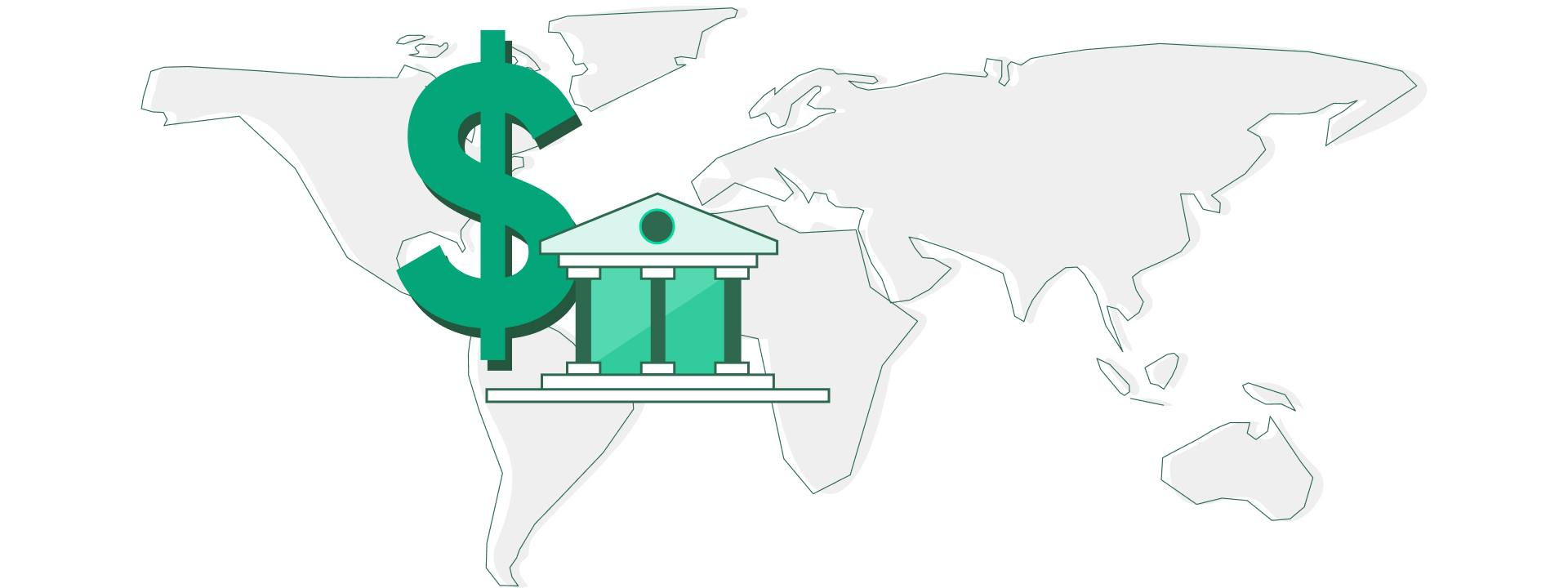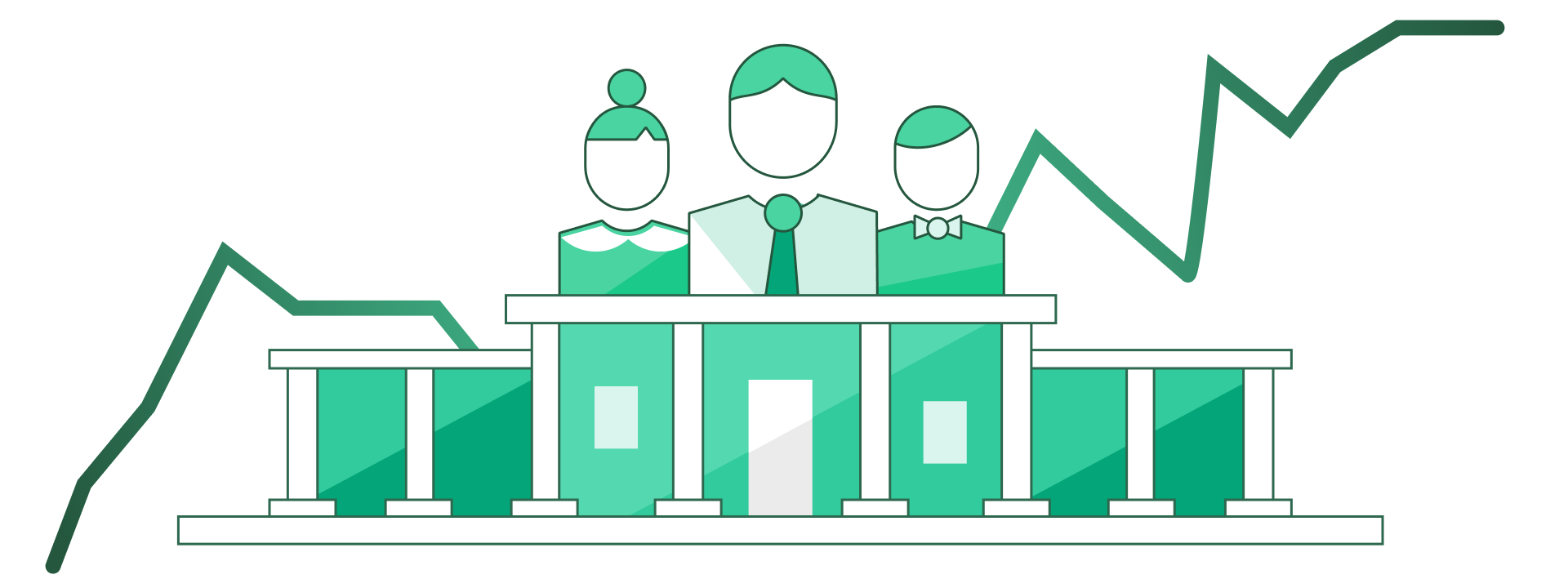What affects forex prices?
The prices of currency pairs rise and fall, which is essentially how money is made in the forex market. But what exactly drives these changes in price? And, as a trader, how can you take this into account when planning your trades?
How does the economy affect a currency?
First, it’s important to understand that a currency is linked to the economic health of the country it represents. This means that the price of a country’s currency often reflects how its economy is performing currently, as well as how it is expected to perform in future.

Let’s take the dollar as an example. If the U.S. was experiencing a time of economic strength, this would likely be reflected in the price of the dollar, which would likely rise. If this period of economic prosperity was set to continue, you may wish to act on this by buying U.S. dollars.
Imagine that, at the same time the U.S. economy is strengthening, Canada’s is experiencing a downturn. This may be a good time to buy USDCAD, as you would be buying U.S. dollars and selling Canadian dollars.
What drives changes in currency prices?
Returning to the question at hand, the factors that affect forex prices are normally separated into two categories.
Macroeconomics
Although it might sound complicated, in simple terms, macroeconomics refers to all the major factors that can affect an economy overall. These include important data points like inflation, gross domestic product and interest rates, all of which can have a major impact on currency prices. Forex traders often follow these events closely, planning their trades around the latest data releases.
Geopolitics

Geographically influenced political events can also play a major role. For example, a new government taking office, new regulations being introduced, or the imposing of trade tariffs could all significantly affect forex prices. That’s why traders also keep up to date with the latest news from the countries that interest them, as it can influence the pairs they trade.
